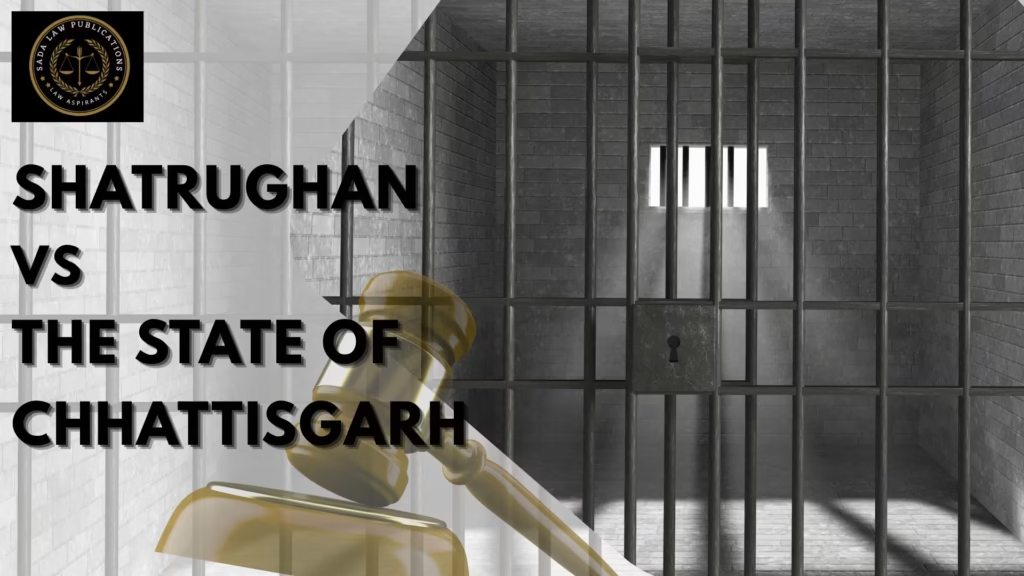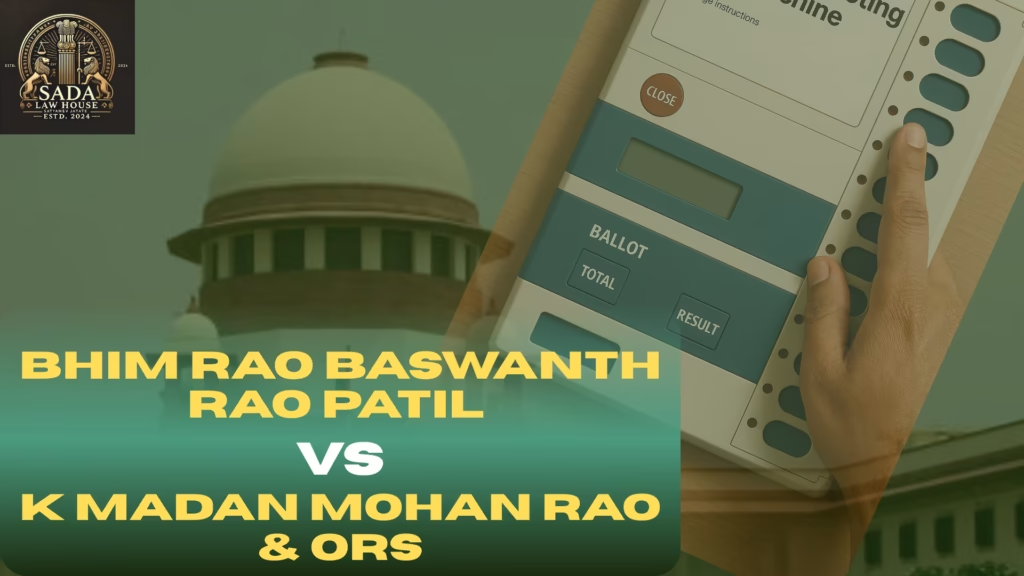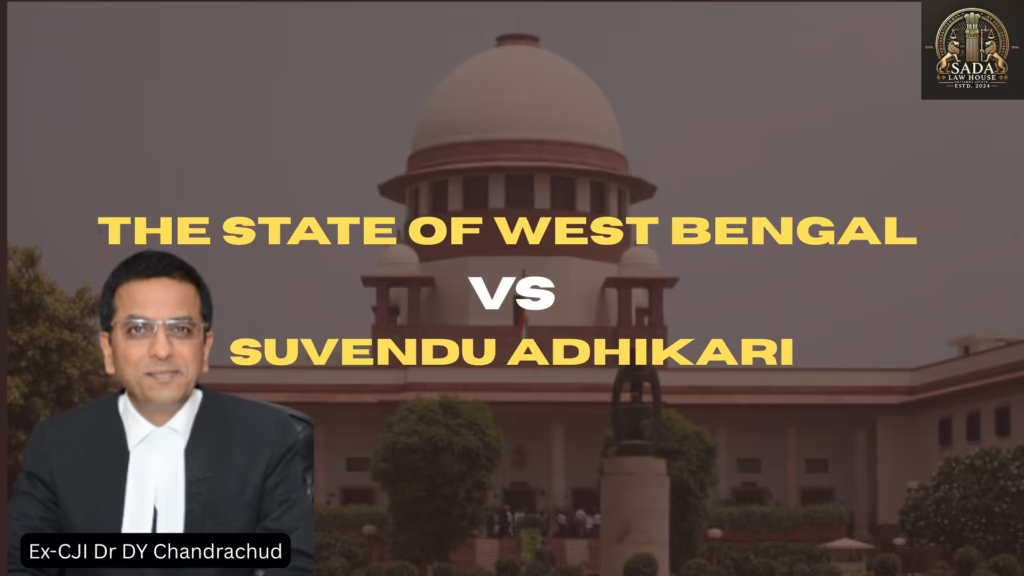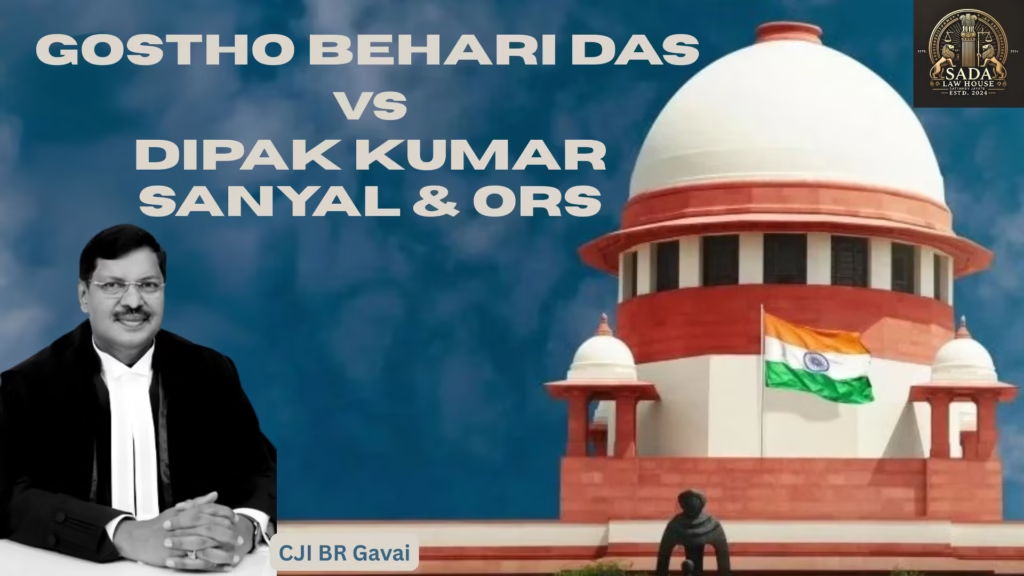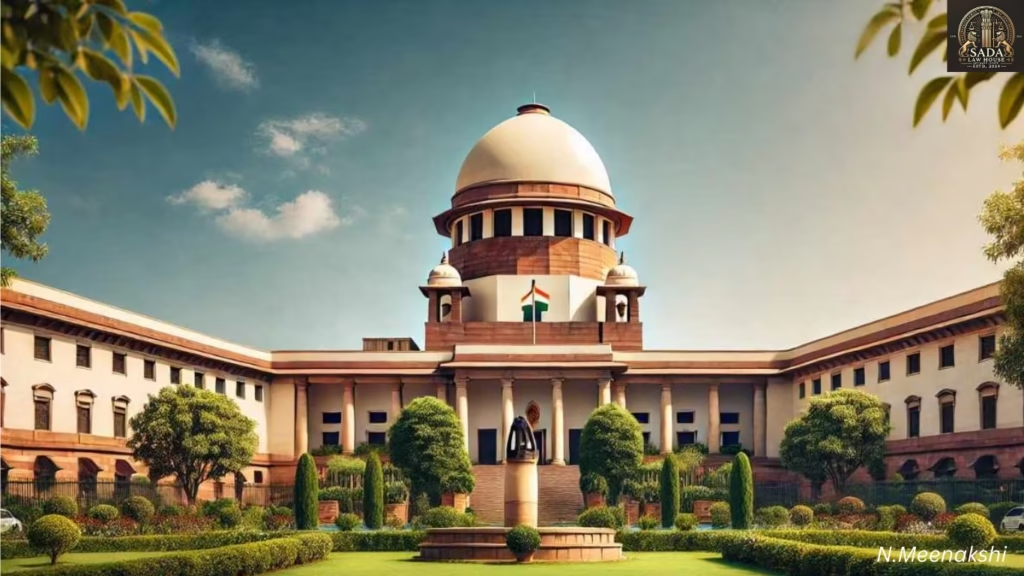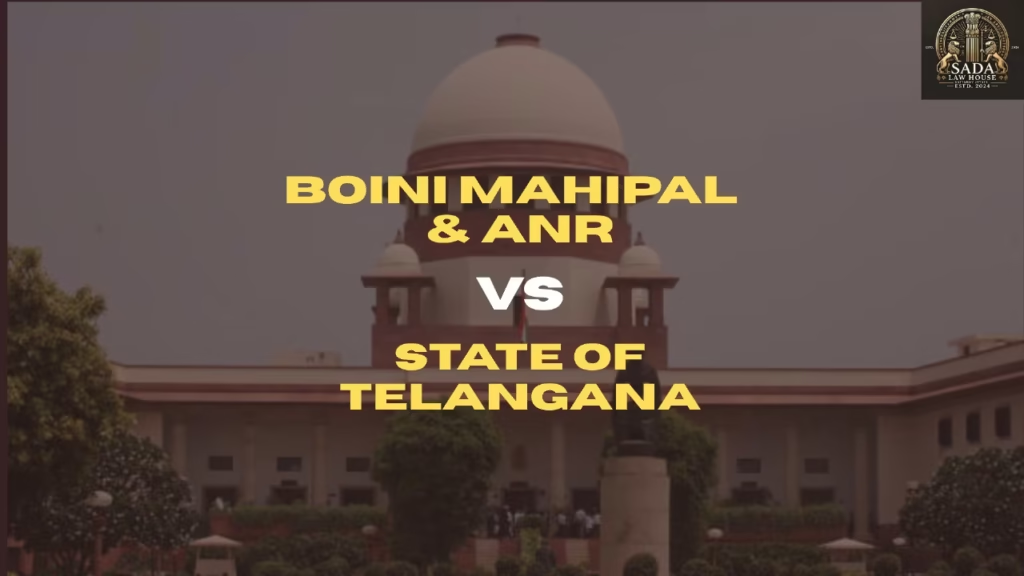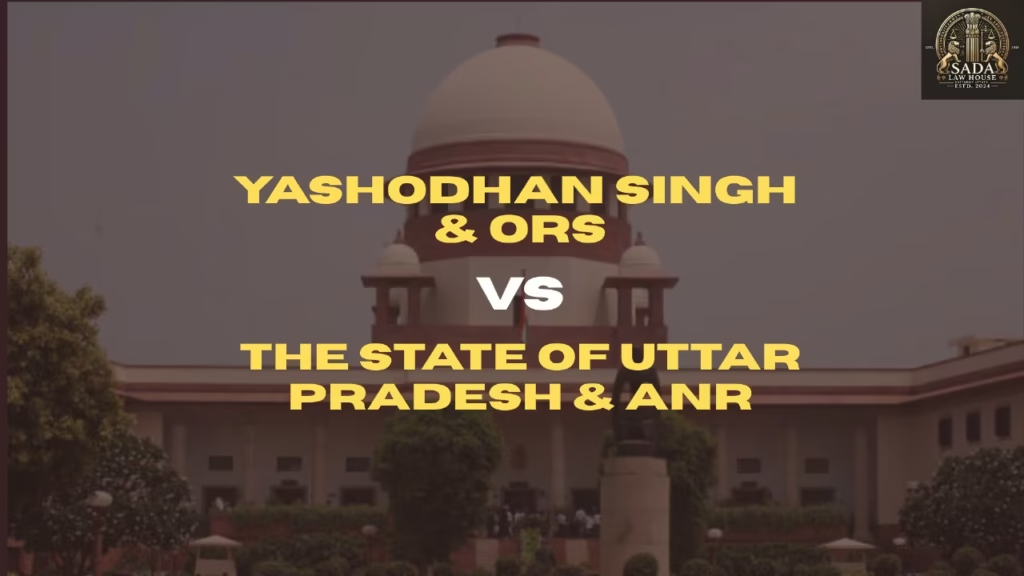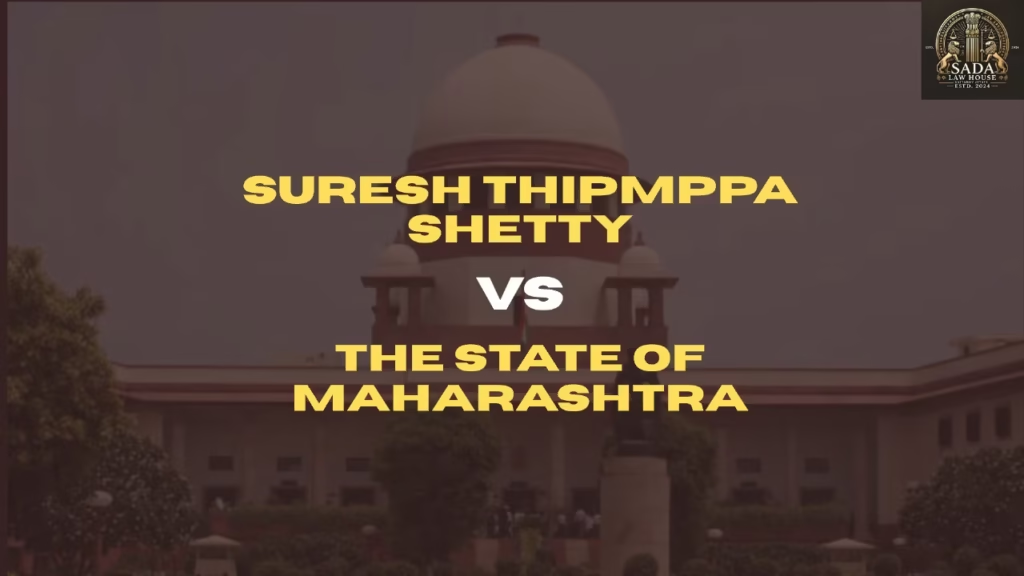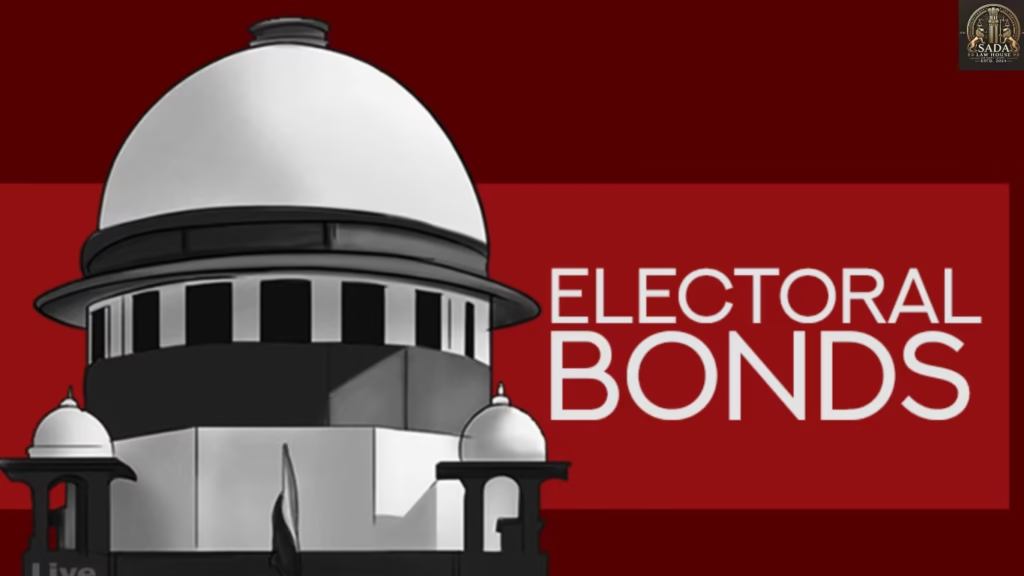Sahara Seeks Supreme Court Nod for Property Sale to Adani; Requests Protection from Authorities
Trending Today Sahara Seeks Supreme Court Nod for Property Sale to Adani; Requests Protection from Authorities India and Canada Diplomatic Row Escalates Over Alleged Involvement in Sikh Leader’s Killing Supreme Court to Review Plea on Electoral Bonds Scheme India and Bangladesh Hold High-Level Border Security Talks to Tackle Migration, Smuggling, and Water-Sharing Disputes PM Modi Launches National Urban Housing Mission 2.0: A Renewed Push for Affordable Housing Ahead of 2026 Elections MEA Rebuts NATO Chief’s Claim on Modi-Putin Call Over Ukraine, Tariffs Government Appoints Shirish Chandra Murmu as Deputy Governor of RBI: A Move Ahead of Critical Policy Review Sonam Wangchuk Arrested After Violent Ladakh Statehood Protests Determination of Control over Administrative Services between the Elected Delhi Government and the Union Government under Article 239AA Supreme Court Defines Status of Electricity Dues in Corporate Liquidation under IBC Sahara Seeks Supreme Court Nod for Property Sale to Adani; Requests Protection from Authorities Palak Singla 07 October 2025 Introduction In a significant corporate development, Sahara India Commercial Corporation Ltd has approached the Supreme Court of India seeking permission to sell several of its marquee assets, including Aamby Valley, Sahara City in Lucknow, and Hotel Sahara Star in Mumbai, to Adani Properties Pvt. Ltd. The company has also requested judicial protection from interference by regulatory and investigative bodies during the sale process. Background The Sahara Group has been under financial and legal scrutiny since the SEBI-Sahara investor refund case that began over a decade ago. Following a series of Supreme Court orders, the company was directed to deposit thousands of crores in the SEBI-Sahara Refund Account to return money to investors of its real estate schemes.Despite partial repayments, the group continues to face pressure to liquidate assets to fulfill the court’s directives. The proposed sale to Adani marks one of Sahara’s most significant attempts to resolve its long-standing financial liabilities. Key Developments Property Sale Proposal: Sahara has submitted a formal plea to the Supreme Court for approval to sell its premium assets to Adani Properties Pvt. Ltd. Use of Sale Proceeds: The company stated that all proceeds would be deposited directly into the SEBI-Sahara Refund Account to ensure compliance with previous court orders. Protection Sought: The group requested the court to bar regulatory or investigative authorities—including SEBI, ED, and IT Department—from interfering in the transaction until its completion. Issues and Implications The case raises critical questions about how judicial oversight can balance corporate asset recovery with investor protection. If approved, it could set a legal precedent for future court-monitored corporate transactions involving distressed assets. The involvement of Adani Group, one of India’s largest conglomerates, adds economic weight and potential controversy to the proceedings. Current Status The Supreme Court has listed the matter for hearing on October 14, 2025. A bench led by Chief Justice D.Y. Chandrachud is expected to hear arguments from both Sahara and SEBI on the conditions of the sale and the protection sought. Conclusion The outcome of this case will have wide-reaching implications for both corporate restructuring and investor restitution in India. If the Supreme Court grants Sahara the permission it seeks, it could mark a turning point in the group’s long legal battle and redefine the framework for judicially supervised asset sales in the country. Leave a Reply Cancel Reply Logged in as Sada Law. Edit your profile. Log out? Required fields are marked * Message* Live Cases Sahara Seeks Supreme Court Nod for Property Sale to Adani; Requests Protection from Authorities Sada Law • October 7, 2025 • Live cases • No Comments India and Canada Diplomatic Row Escalates Over Alleged Involvement in Sikh Leader’s Killing Sada Law • September 30, 2025 • Live cases • No Comments Supreme Court to Review Plea on Electoral Bonds Scheme Sada Law • September 30, 2025 • Live cases • No Comments 1 2 3 … 5 Next »


